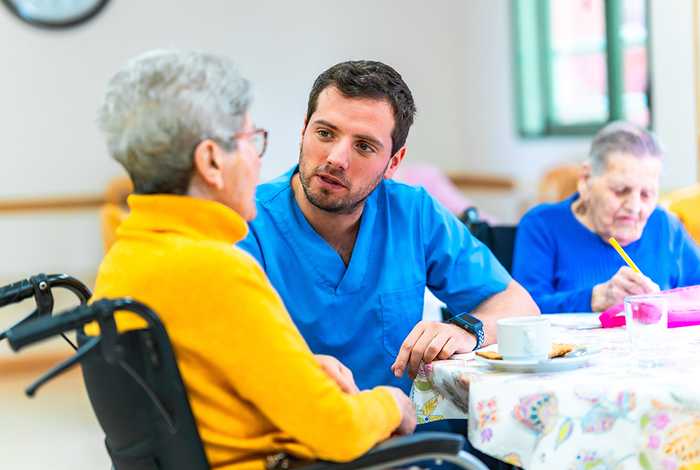Posted by Brandon Lewis
How coronavirus has brought communities together
It’s a huge understatement to say that the past few months have been a very difficult time for all
No words will ever be enough to communicate the tragedy that the coronavirus has brought to our communities.
But in the darkness, there have been rays of hope. The crisis has brought communities together more than ever before; showing the true selfless love that so many of us have for others who might be complete strangers to us.
Here are just some of the ways that the crisis has brought us together.
Reaching out
For the elderly, living in isolation either at home or in their care home due to their vulnerability to the virus, loneliness has been a real issue. This hasn’t gone unnoticed, and many people have rallied round and reached out in their local communities to see how they can help. According to recent research, 2 in 3 adults agree that people are doing more to support each other since the outbreak, and a further 57% said that their local community members would help them if they were in need. To take one example from many, care homes in Surrey have received food, magazines, and even artwork from the local community to brighten their day.
Pen pals
Pen pal schemes have been another way that communities have come together during the pandemic. Springing up around the country, these schemes have connected residents in care homes with new friends through the personal art of letter writing. One school in Kent, for example, has forged a relationship with a local care home – with the students’ letters providing a lifeline of support to isolated residents.
Phone calls, emails, and text messages are all important, but letter writing can add an important personal touch. And there’s also the excitement of waiting for the next letter in the post!
Pen pal schemes such as these are more important than ever before during this difficult time, and the bonds of community they create may well continue to enrich our lives for years to come.
Video calling
The technology may take some getting used to, but video calling on phones, tablets or computers are a fantastic way of bringing people together.
Unsurprisingly, their use has skyrocketed during the pandemic – and some friends and families separated by distance have even seen more of each other during the lockdown than ever before!
For isolated residents in care homes, this has been another lifeline. Now that more and more people are comfortable using this form of communication, it can even reap dividends in future – connecting people through face-to-face video when a phone call would have been used before. Although it’s no substitute for meeting in person, of course, video calls have been shown to have more of a social benefit than phone calls due to their ability to bring people (virtually) together face-to-face. Facial cues are an important part of human communication, and video calls ensure that they never have to be missed again.
The NHS and key workers
One of the enduring symbols of the lockdown has been our collective support for the NHS. We haven’t just been clapping, though – numerous members of the community have come together to actively support the NHS in meaningful ways during their time of need. Whether it’s local restaurants and takeaways donating food, or Captain Tom Moore’s incredible fundraising efforts (for which he has since been knighted), all parts of society have pulled together to help.
Society has shown a wider appreciation for other essential workers, too; from bin collectors to supermarket workers and social care workers, previously unsung heroes have finally received the recognition they deserve. They’ve bravely worked on the frontline to keep us all going throughout this crisis, and community togetherness has definitely benefited as a result.
There has been such an outpouring of community togetherness and support, in fact, that we have barely been able to scratch the surface in this article. Hopefully our communities will be able to preserve and strengthen this spirit of togetherness in the years to come.
Other articles to read
Autumna Blog

Older Persons Care Advice
Importance of person centred values in care
July 4th, 2025
Looking for care that truly puts you first? Discover why person centred values in care matter and how to find services that treat you like a person, not a task.

Older Persons Care Advice
How the assisted dying vote affects end of life care
July 3rd, 2025
What does the assisted dying vote mean for care, choice and dignity at the end of life? Discover what’s changing, and how it could affect your future.

Older Persons Care Advice
Winter Fuel Payment Eligibility review: What’s changed in 2025?
July 2nd, 2025
Confused by the 2025 Winter Fuel Payment eligibility review? Discover who still qualifies, what’s new, and how to make sure you’re not left out in the cold.






